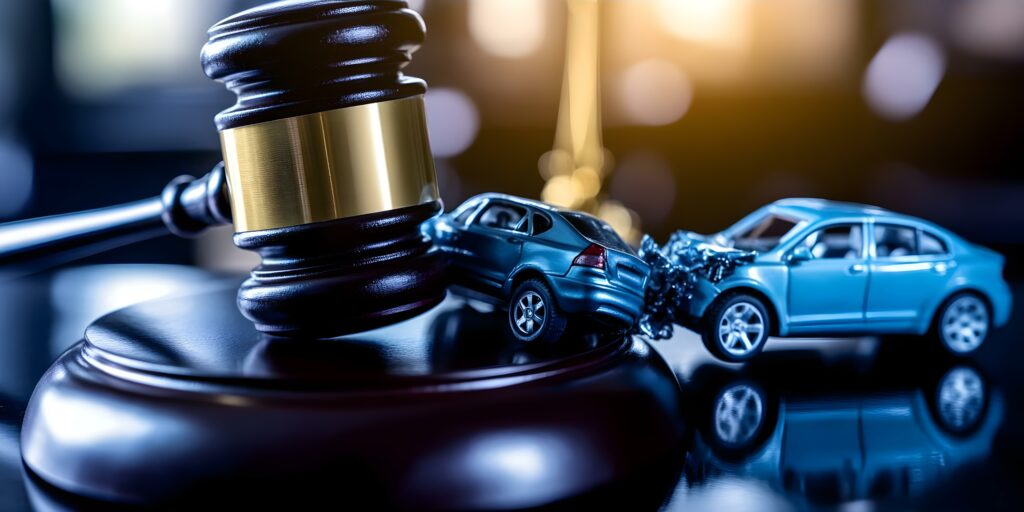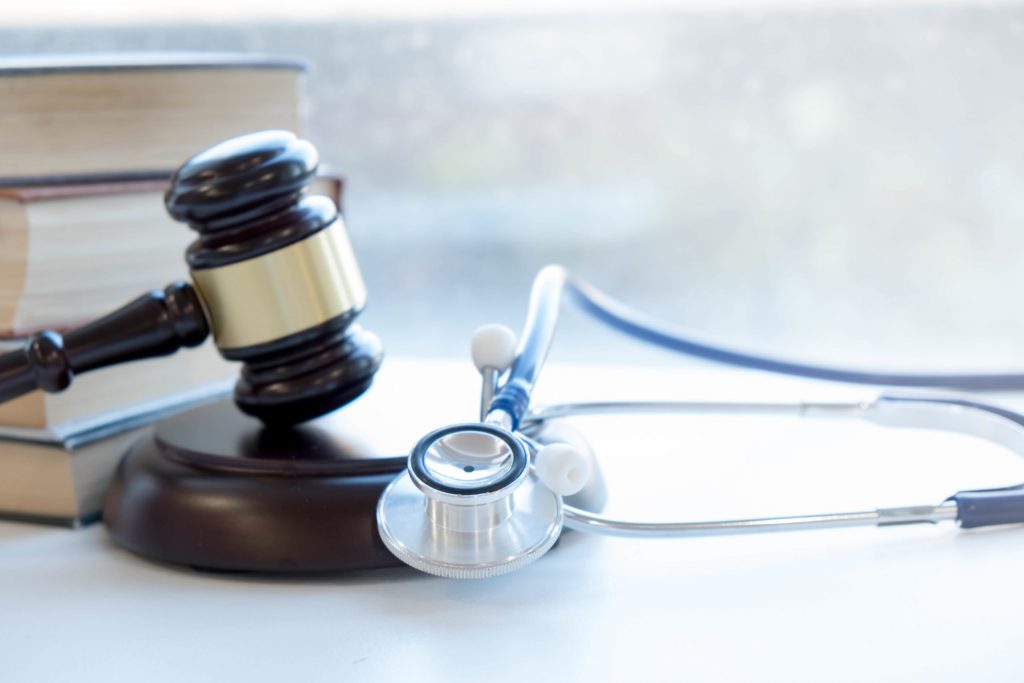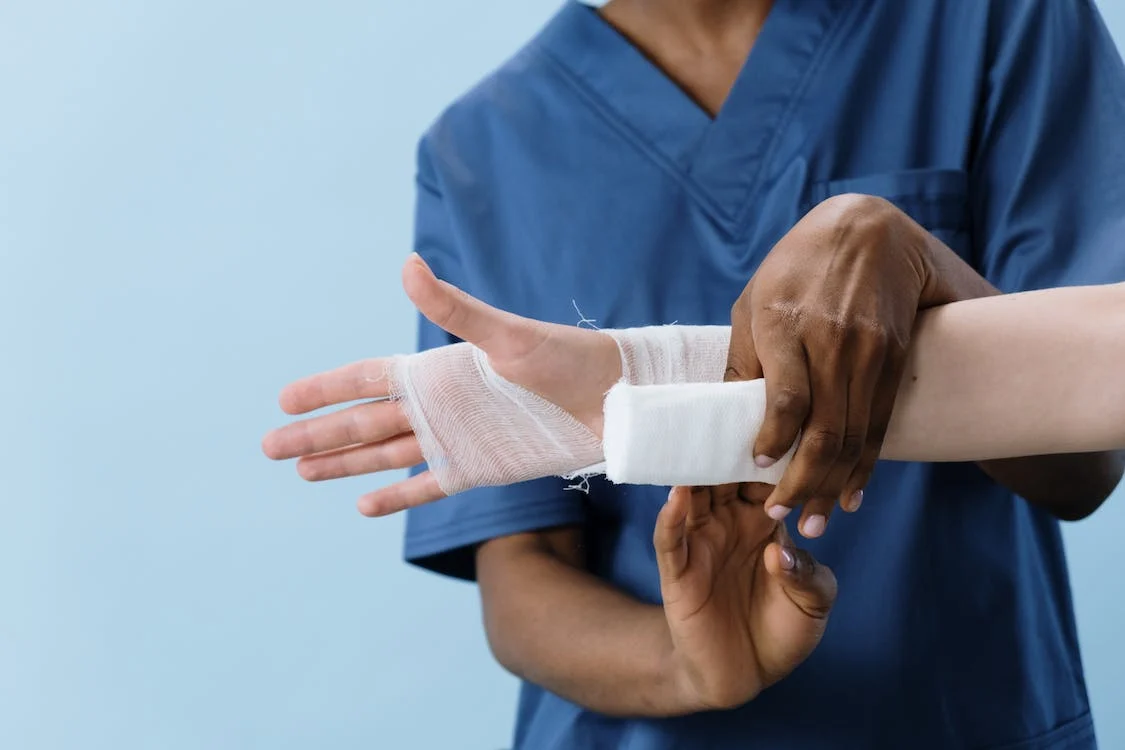Now Reading: Can I Choose the Repair Shop for My Vehicle After a Crash?
-
01
Can I Choose the Repair Shop for My Vehicle After a Crash?

Can I Choose the Repair Shop for My Vehicle After a Crash?
If your car was damaged in a crash, you may have concerns about the information you will receive from insurance companies or the auto body repair shop. Fortunately, you can choose the repair shop after an accident.
Your insurance company will recommend a repair contractor, but you are under no legal obligation to use them. You may review their list of approved contractors or search for a repair shop yourself.
What Are the Consequences of Choosing the Wrong Repair Shop?
Choosing the wrong repair shop can be expensive. If you choose the wrong shop and need a costly repair that is not covered by your insurance you will have to pay out of pocket and possibly lose money while doing it. You may also have to pay for additional services that are required as a result of the damage done by the collision.
What to Do After a Crash
Being involved in a car accident can turn your life upside down. The first steps you take after the collision are crucial. Once you are safe from any harm, spend as much time as you can documenting the scene and your injuries.
Document All Injuries and Damage to Your Car and Other Property
Recording the damage to the vehicle is still one of the most important things you can do to ensure that your repair shop can fix all the damage and return it in good condition. Take pictures and record the details of the accident, including the date and time.
Contact Your Lawyer
If you have a lawyer, they can tell you whether the other driver or any other party in a car accident has insurance. If you decide to take legal action, your lawyer can contact the other party’s attorney and ask questions to get further details about the accident.
A Morris Bart car accident attorney can help determine if your insurance company is paying for damage to your car and how long it will take to fix. Also, they can find out how much the insurance company is willing to pay you, and whether they offer any other payment such as a rental car.
Contact Your State Auto Insurance Agency
If you have not filed an insurance claim with your state’s auto insurance agency within 30 days of the crash, they should notify you that they will not pay for any repairs. They have a maximum time of 30 days to investigate the claim, and if the car is not fixed within that period, they may deny the claim.
Ask Your Insurance Company How Much You Will Get for Your Vehicle
Some insurance companies pay car owners more for their accident-damaged vehicles than others. It may be good to find out these details before you decide where to repair your vehicle.
You may also want to look into an auto insurance claims specialist who can take care of everything you must do after getting your car repaired and make sure you get paid for the repairs you need.
Confirm Repairs and Pick up Your Car
Once your repairs are finished and the parts are paid for, your insurance company will let you know and give you a list of repairs. Before picking up the vehicle, ask to see all the documents related to the repair, including receipts.
They should give you a copy of each receipt and itemized list of charges. This way, you can avoid any extras charged to your insurance account. If you have your auto insurance claims specialist, they can help get the repairs completed for you.
A Lawyer Can Help With Legal Issues
The legal issues after a car accident involve understanding how to deal with insurance companies if you need to make a claim. You can get all the legal assistance you need to ensure that your car is repaired correctly and that you are paid for the damages and loss. A car accident attorney can guide you through all the legal procedures and protect your rights.

With a BA in communications and paralegal experience, Irma C. Dengler decided to make the best of her writing skills. She decided to turn complicated legal matters into something more palatable for the masses. Therefore, Irma became a law communicator who writes about everyday problems so everyone can understand them and take the appropriate action. She specialized in personal injury cases, as they are more common than anyone thinks, but her areas of expertise also include civil law, criminal law, insurance-related issues, and more.










